As twins, John and Tom Pantlind shared a womb, a room and a childhood.
Now, they share heart problems.
The 36-year-old brothers discovered their atrial fibrillation issues at about the same time. The condition, also known as Afib, causes irregular and often rapid heart rates that can cause poor blood flow.
Andre Gauri, MD, a Spectrum Health cardiologist and electrophysiologist who treated both brothers, said Afib is sometimes a genetic condition, although not always.
We were both diagnosed in different cities by different doctors at relatively the same time. Our recovery was exactly the same.
“The fact that identical twins had the same condition at a relatively young age is highly suggestive of a genetic predisposition to Afib in their case,” Dr. Gauri said. “This is not the case for most people who get Afib.”
John’s journey
In 2012, John started noticing a change in his body when he exercised or played basketball.
“I would have these episodes where fatigue would set in very quickly, like you hit a wall,” John said. “Those moments slowly started to increase.”
While living in Chicago and working for an advertising agency in 2015, John took part in a stair-climbing fundraiser at a Windy City high-rise.
“In the middle of the stair climb, I had an episode of Afib,” John said. “The rest of the 100 flights I was like an old man trying to pull myself up. I was short of breath and all of those things. I knew something wasn’t right.”
He did what anybody in this day and age would do. He Googled “heart palpitations.” It pointed him to Afib.
He mentioned it to his primary care physician in Chicago.
“He said it’s really uncommon for somebody my age, but something we should look at,” John said. “I was having a conversation with my brother right before I talked to the doctor and he said, ‘That’s crazy, I have the same thing. I’ve already talked to a doctor and I’m going to see a cardiologist.’ It wasn’t like we came to the conclusion together, it just happened about the same time. Again, twins, genetics, weird.”
John said his research indicated genetics wasn’t the main culprit in their cardiac issues.
“While genetics plays a factor in everything in our lives, it’s not thought that it is a main contributor to something like Afib,” John said. “For us, it just kind of happened at the same time. We both have the same eyesight. In 2009, we both got shingles about a month apart.”
A Chicago-area cardiologist diagnosed John with Afib.
Across Lake Michigan in East Grand Rapids, Tom received the same diagnosis.
John’s cardiologist recommended Metoprolol, a medication designed to slow heart rates.
But he and the medication didn’t exactly hit it off.
“The Metoprolol made me feel spacey, disconnected and zoned out,” John said. “I didn’t like taking the medication. I tried taking another medication and that was even worse. The idea of being on medication for the rest of my life was not a prospect I was excited about.”
Meanwhile, his twin brother was seeing Dr. Gauri, who recommended an ablation, a process in which the surgeon cauterizes the tissues of the heart that cause the irregular heart rate.
Wanting to be closer to family during his medical struggles, John, his wife Grace, and their sons, Ben, now 3 and Charlie, 1, moved back to East Grand Rapids, less than 2 miles from Tom’s house.
John continued to see his Chicago-area cardiologist, until the cardiologist recommended he see Dr. Gauri.
“I felt very comfortable immediately meeting with the team at Spectrum Health,” John said. “They had already met with my brother. He had a good relationship with them and trusted them. Tom had an ablation in February 2017. We scheduled mine for April.”
John joked that by using his twin as a “guinea pig,” he was able to observe how Tom did with the ablation before he conceded to the procedure.
“I was able to see his recovery,” John said. “He went and played basketball and for the first time in several years he didn’t go into Afib while playing. He said it was like night and day.”
John wanted more of that “day,” and less “night.”
So in April he underwent an ablation at the Spectrum Health Fred and Lena Meijer Heart Center.
“Aside from dental work, I’ve never been in a surgery situation,” John said. “Everything that you would want from a patient perspective as far as how professionally everything was handled was really great.”
He spent one night in the hospital.
“About a week later, I felt really good,” he said. “Three weeks later, I was back in Chicago for work. I could play with the kids. Quite clearly, the Afib was gone.”
And with it, John’s worries. And his roadblocks.
He can pull his kids on sleds, play basketball without tiring, run without his heart racing.
“This experience really makes me feel grateful for my health,” John said. “As far as I can tell, I have not had an Afib episode since the procedure. The Afib and that feeling of feeling gutted is gone.”
Tom’s trials
Like his twin brother, Tom started noticing symptoms several years ago.
“I noticed it during workouts, or after a little bit of running,” he said. “I play a lot of pick-up basketball in men’s leagues. I would go up and down the court once and feel kind of a slip. I would feel like I had just run 20 wind sprints, when I hadn’t.”
When his heart rate elevated, his play declined.
“It didn’t happen very regularly, so I attributed it to eating too many tacos before playing, or just getting older,” Tom said.
During a routine physical in 2016, Tom mentioned it to his doctor, Brian Phillips, MD, a Spectrum Health Medical Group Family Practice physician.
“He shot into action,” Tom said. “It was concerning to him. I went in and saw a specialist.”
That specialist was Dr. Gauri, who performed a stress test.
“There was no doubt in his mind that I should have the (ablation) done,” Tom said. “He said it’s a progressive disease and it would continue to get worse as I get older. He said, ‘We’re going to treat it now while you’re young.’”
Because of insurance reasons, and a high deductible, Tom wanted to wait until after the first of the year.
“When I came back in February 2017, I noticed my Afib was much worse, to the point I couldn’t work out without Afib. I could only run a quarter of a mile. I would have to run then walk. It was progressing.”
In late February, Dr. Gauri performed the ablation.
Tom now plays basketball three nights a week, lifts weights and runs a couple of miles several times a week. All without incident.
“I lost 10 pounds because my activity has picked up again,” Tom said.
Tom said it’s amazing that he and John are so much alike. They both experienced headaches during their recovery.
“The interesting thing is our body chemistry is so similar,” Tom said. “We were both diagnosed in different cities by different doctors at relatively the same time. Our recovery was exactly the same.”
“I’m glad he got it done and I’m glad I got it done,” Tom said.
And now that his Afib is fixed, Tom is taking responsibility for the rest.
“I told Dr. Gauri, now if I’m out of shape or out of breath, it’s my own fault,” he said.
Dr. Gauri said both brothers are doing great.
“At last visit, they were doing well and there is a very good chance their Afib has been taken care of,” Dr. Gauri said.


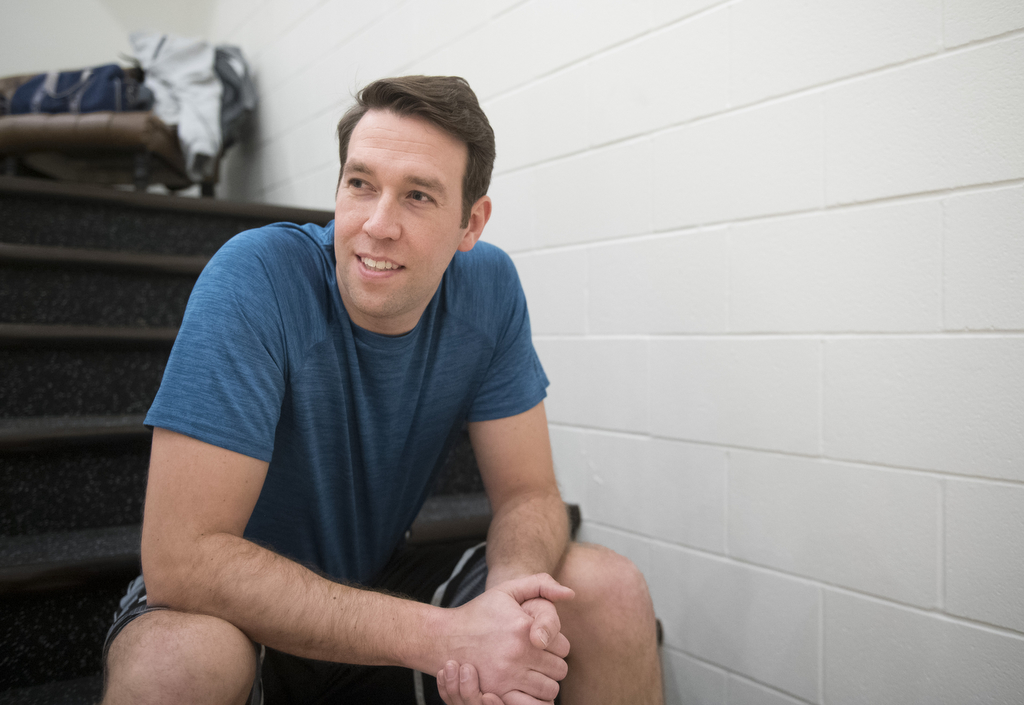
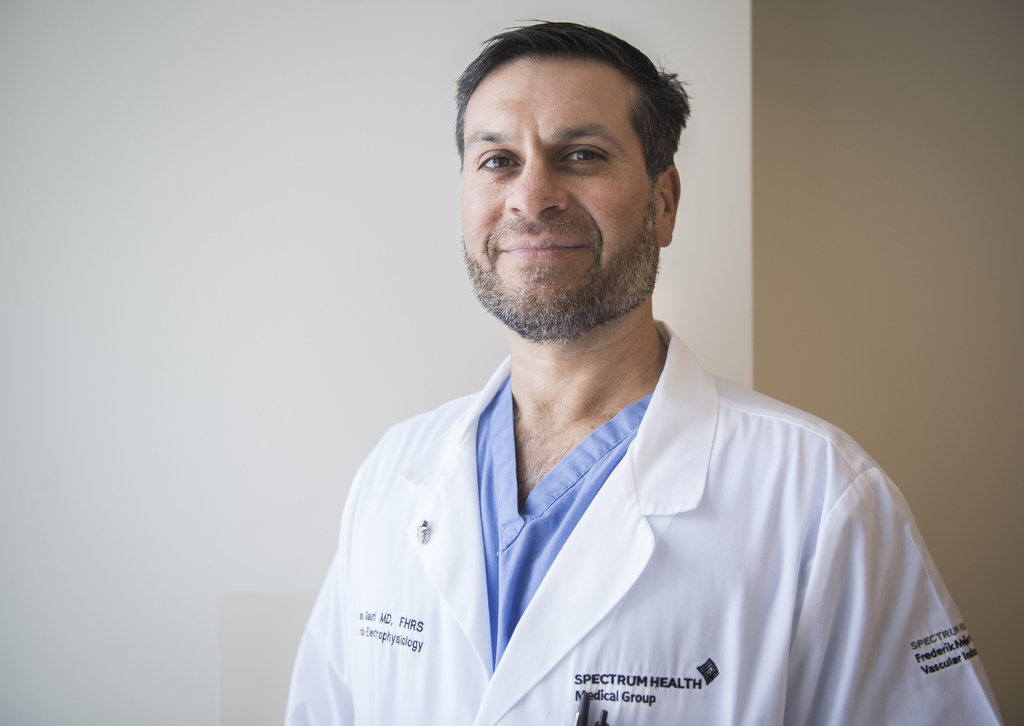
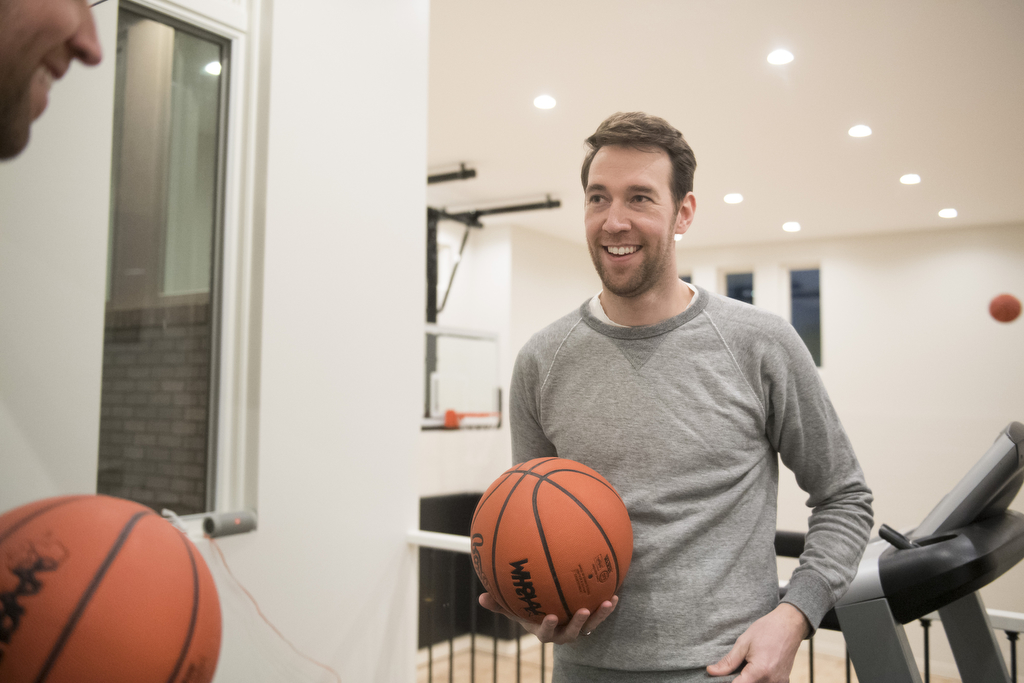
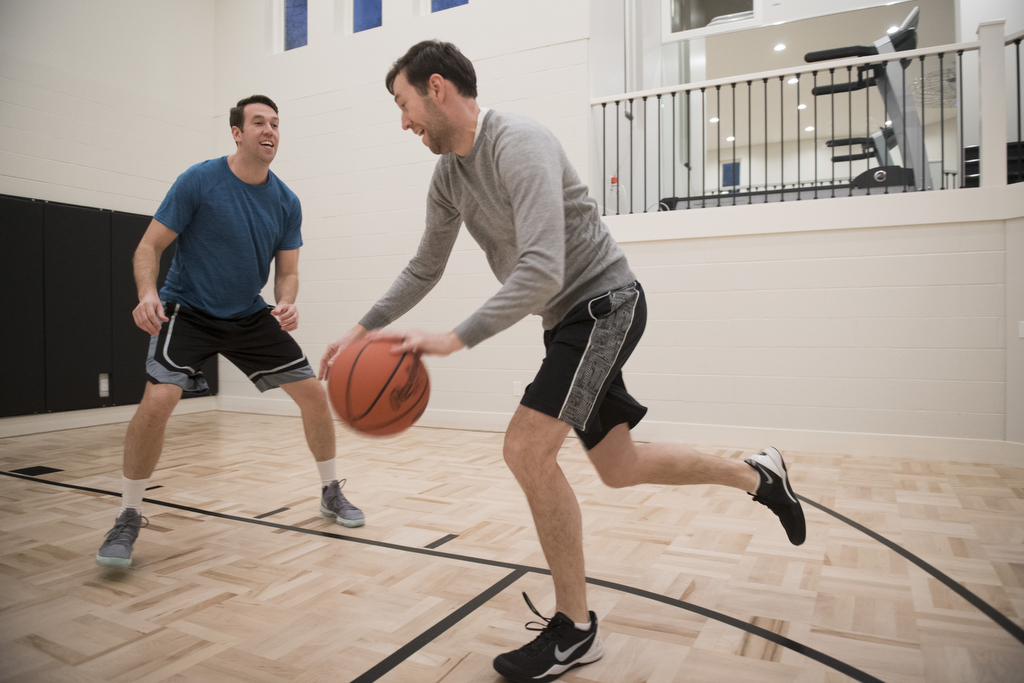
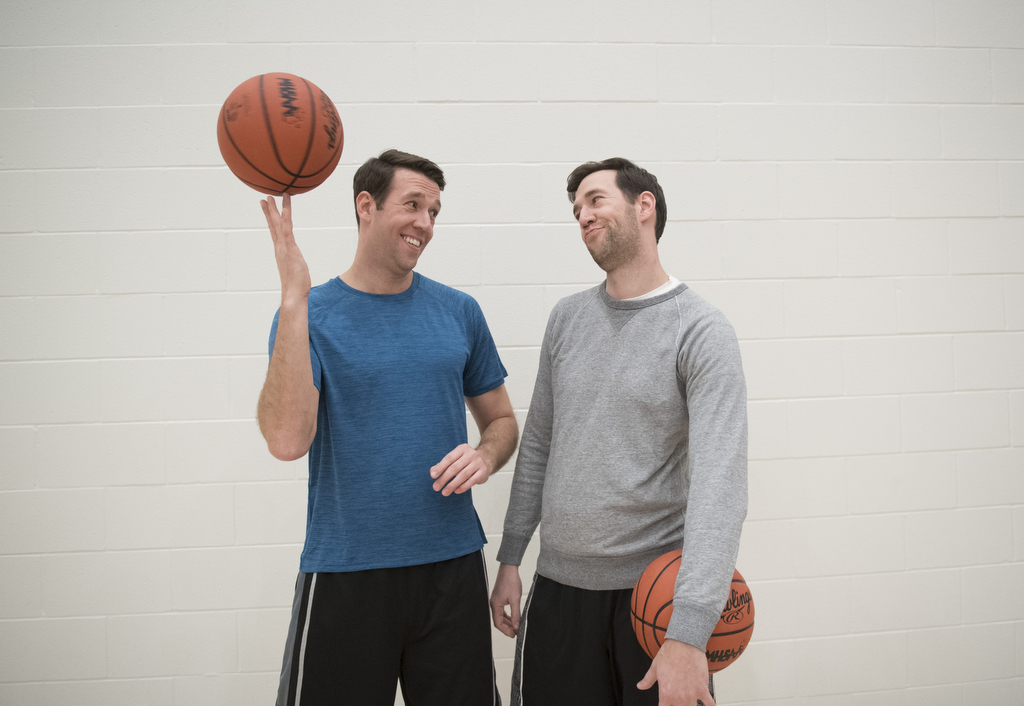


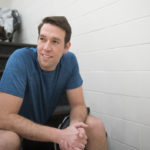
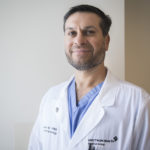


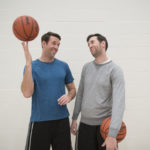
 /a>
/a>
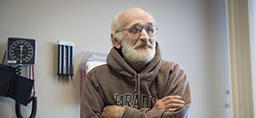 /a>
/a>
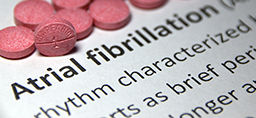 /a>
/a>
Great article and incredible story. You are both so very fortunate to have one another.
Dr. Gauri is the best. He fixed me also.
The more we know about medical issues with twins, the more fascinating it gets ! This is a win/win situation for these two- so happy for them. As an AFib patient, I can personally say that we are so lucky to have this quality of cardiac care right here in GR.